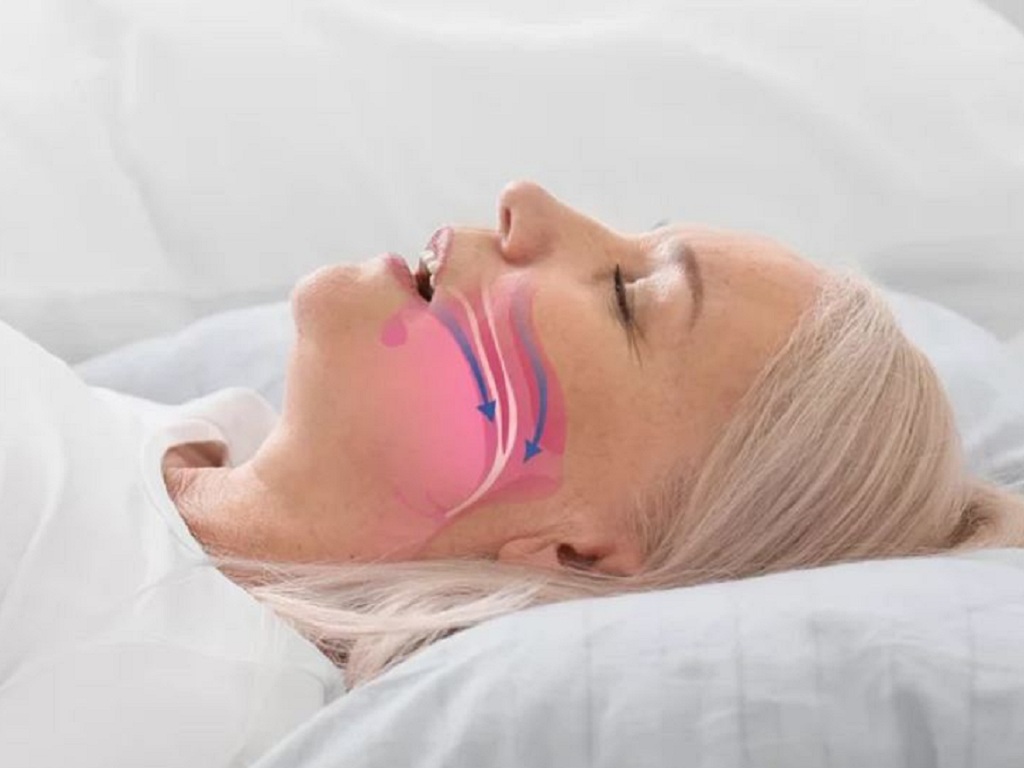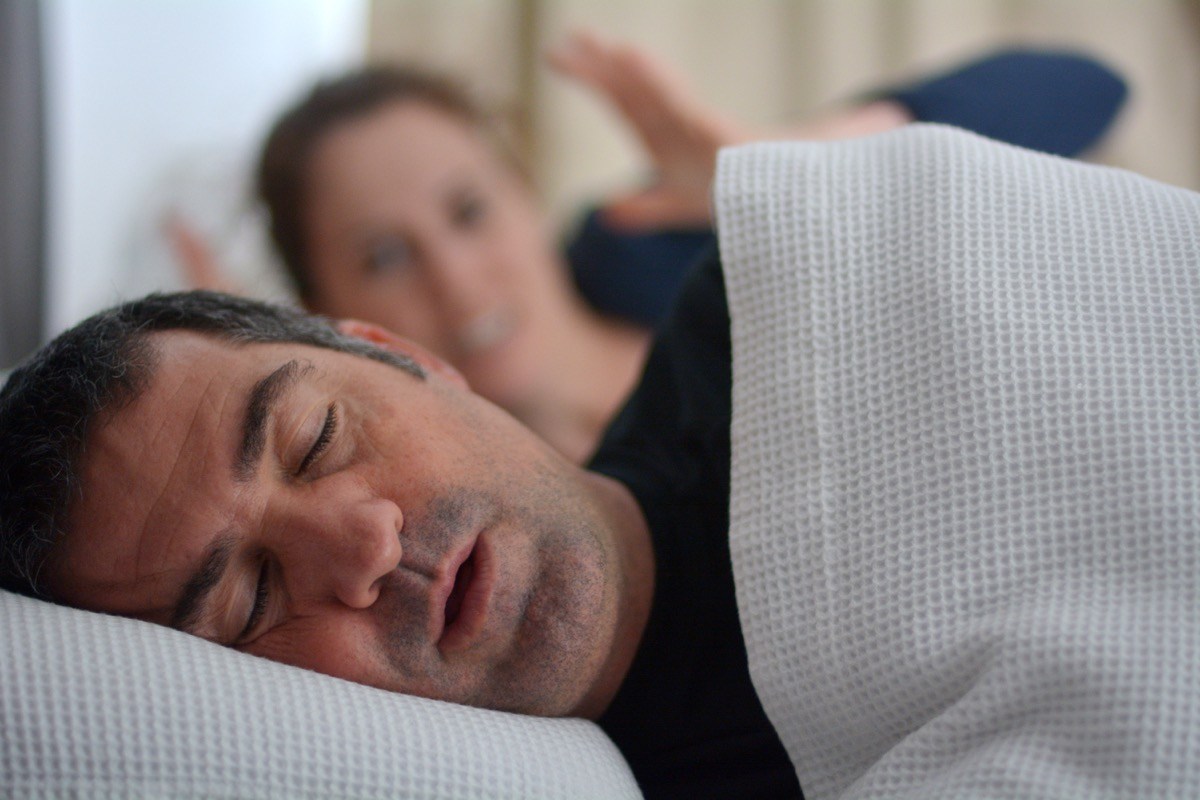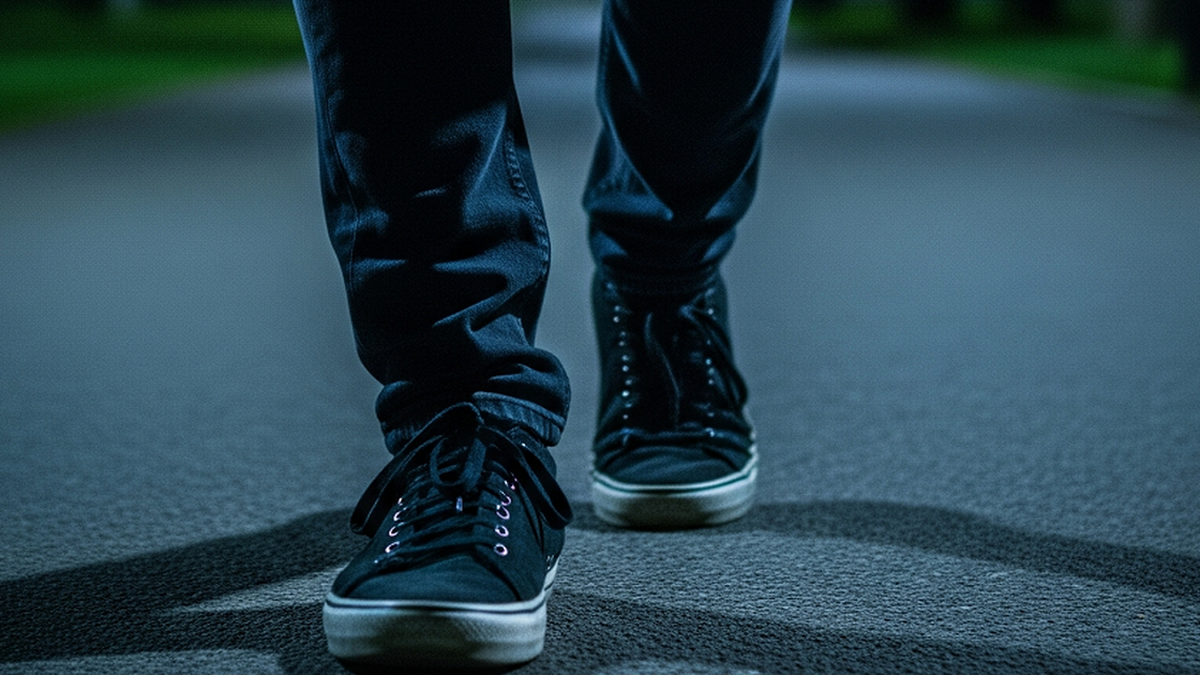When we breathe, we inhale air through the throat and into the lungs. In a lying position, the throat is narrowed. The air flow through this narrowed area will vibrate the mucous membranes and create snoring, according to the health website Healthline (USA).

Snoring if a sign of sleep apnea then needs to be treated
Colds and allergies can cause nasal congestion and a runny nose. This can increase the risk of snoring. Once the illness is cured, the snoring will go away. But for some people, snoring is a chronic problem.
Snoring can be annoying for bed partners and those who are awake. But beyond the social impact, chronic snoring can be a warning sign of a serious health problem that needs treatment.
Snoring is one of the common symptoms of sleep apnea, a sleep disorder. The throat area not only vibrates but is also constantly blocked, preventing air from entering the lungs, thereby reducing the amount of oxygen reaching the brain and making it difficult to sleep deeply. People with this condition will have at least 10 complete sleep apnea episodes in a night. This is a serious problem, and can even cause death due to lack of oxygen.
Not everyone who snores has sleep apnea. Therefore, it is important to diagnose the condition. To find out the cause of sleep apnea, your doctor may examine your head and neck to look for abnormalities.

Snoring can be annoying to bed partners or to those who are awake.
Common symptoms of sleep apnea include snoring and pauses in breathing. This is often not noticed by the person who sleeps with them, but only by the person who shares the bed. When waking up in the morning, the patient will have unexplained headaches, fatigue, lack of energy, high blood pressure or irregular heartbeat.
With sleep apnea, patients need timely treatment. Symptoms tend to worsen with age and weight gain.
Studies show that being overweight or obese is one of the leading risk factors for sleep apnea. In addition, genetic factors, swollen tonsils, and nasal congestion also increase the risk of sleep apnea, according to Healthline.
Sleep apnea can be controlled by sleeping on your side, losing weight, avoiding alcohol, and not drinking caffeine close to bedtime. Your doctor may also recommend dental appliances to lift your jaw or nasal surgery if necessary.
Source link

































































































Comment (0)